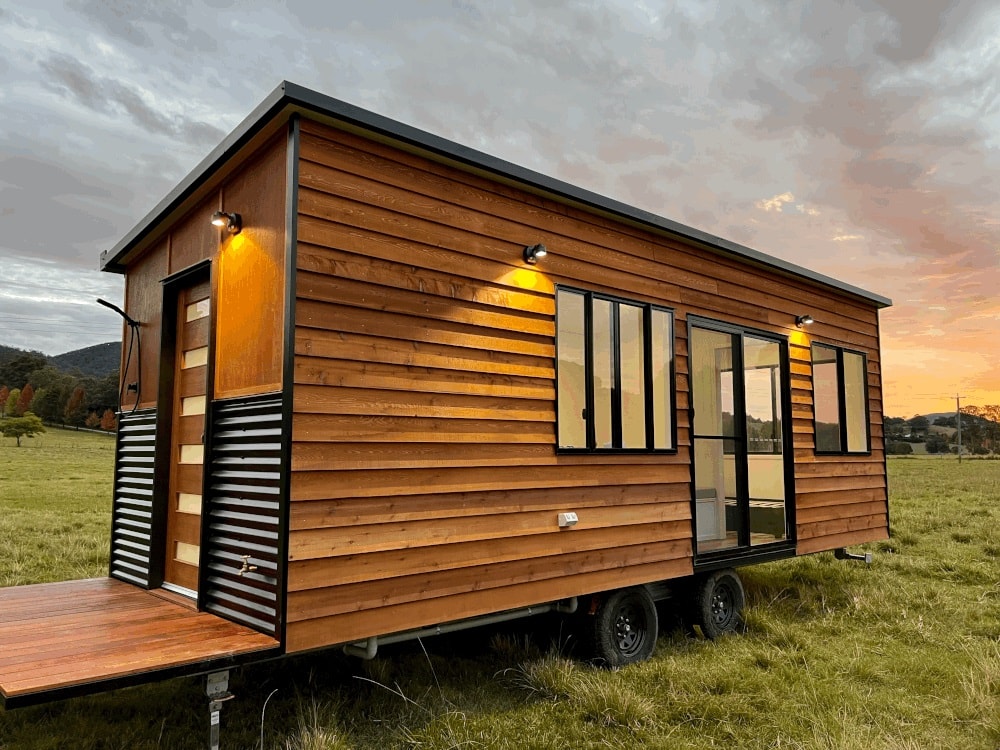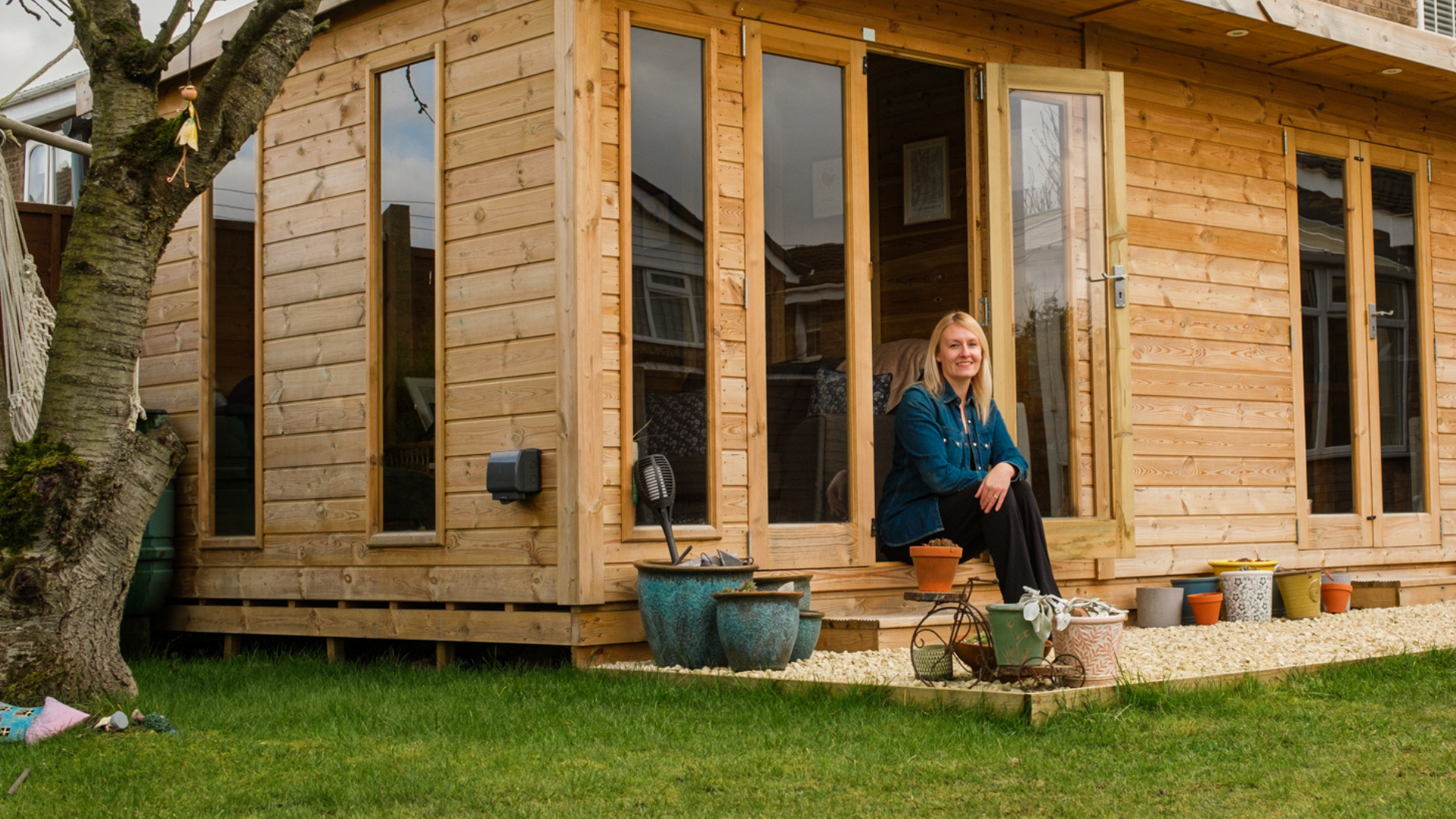
Imagine a place where your home feels like a retreat, yet it’s only a short drive away from the pulse of Texas’ growth. Towns like Giddings and Bullard offer that. These towns blend quiet charm with a forward-thinking vibe, creating spaces that feel both rooted and full of possibility. Ready to explore what makes these emerging markets a smart choice for your next investment?
Giddings: Historic Charm Meets Modern Opportunity
Giddings Real Estate Market Insight:
- Median Home Price: $300,000
- Price Change from Last Year: 4.6% decrease
- Average Price Per Square Foot: $180
Location and Character
Giddings lies perfectly in Lee County, right between Austin and Houston. This little town combines historic character with modern conveniences, creating exceptional appreciation potential for buyers. Giddings is one of those places where you can afford a much bigger, nicer home for the same price you’d pay for a tiny apartment in big cities like Dallas.
The town has a rich history that dates back to the 1800s. You can walk down Main Street which has beautiful old buildings that give the town real character. But this history comes with modern benefits, such as good schools, updated shops for daily needs, and the kind of friendly neighbors who still look out for each other.
What Makes Giddings So Special for Home Buyers?
Giddings offers an unbeatable location advantage that smart buyers recognize immediately. Located just 55 miles from the state capital Austin and 90 miles from Houston, Giddings provides excellent transportation access from Highway 290 and Highway 77.
This strategic positioning means over 10 million potential customers and career opportunities are located within two hours of Giddings. This will give you access to major job markets, airports, and universities. Moreover, Austin is just one hour away, so you can enjoy big city amenities, cultural events, and career opportunities whenever you want. Houston is also within easy reach for work, entertainment, or business meetings. But here’s the real magic: when you come home to Giddings, you escape to quiet tree-lined streets, genuinely friendly neighbors, and a slower pace of life that actually helps you unwind. You get big city access with small town living costs and charm.
If you are ready to browse homes for sale in Giddings, explore Houzeo, America’s best home buying and selling website. Here, you can customize your search, save your favorite homes, schedule showings, and even submit offers using one easy-to-use platform.
Bullard: Nature Meets Convenience in East Texas
Bullard Real Estate Market Insights:
- Median Home Price: $377,195
- Price Change from Last Year: 9.4% increase
- Average Price Per Square Foot: $197
Location and Community Appeal
Bullard is located in Cherokee County, just beyond Tyler in East Texas. It is the perfect location for a person who wants to be close to nature but still be able to access urban conveniences. The community values both tradition and progress, which has become a rare combination that creates lasting appeal.
The community around Bullard contains beautiful pine forests and rolling hills. Most of the houses are situated on large lots where you can have some space, playtime, and even keep pets if that’s your dream. Moreover, the town boasts excellent schools, so it is just perfect for families with kids.
How Does Bullard Stand Out in the Texas Real Estate Market?
Bullard has a strategic Tyler connection advantage. With Tyler only 15 minutes away, residents here enjoy quick commutes to a larger city’s services and employment opportunities while maintaining their peaceful small-town lifestyle.
Tyler offers extensive shopping centers, diverse dining options, and rich entertainment venues – including multiple museums and galleries where you can enjoy paintings, illustrations, sculptures, and more from local and national artists.
But here’s what makes Bullard truly special: easy access to urban amenities while maintaining its tranquil, rural charm. You get the career opportunities and cultural experiences of a larger city, combined with the space, quiet, and genuine community feel that Bullard provides. It’s like having the best of both worlds right at your fingertips – professional growth potential during the day, peaceful family life in the evenings, all within a 15-30 minute drive.
Want to explore homes for sale in Bullard that give you the perfect blend of city amenities with the spacious living of the suburbs? You are sure to find them on the go on your mobile device with the best home buyer app in America. Download the Houzeo mobile app from the Apple App Store or the Google Play Store for free.
What Are the Benefits of Buying in These Texas Small Towns Instead of Big Cities?
When you compare homes for sale in Giddings and Bullard to those in major Texas cities, the advantages are clear. While Texas’ median home price sits at …






